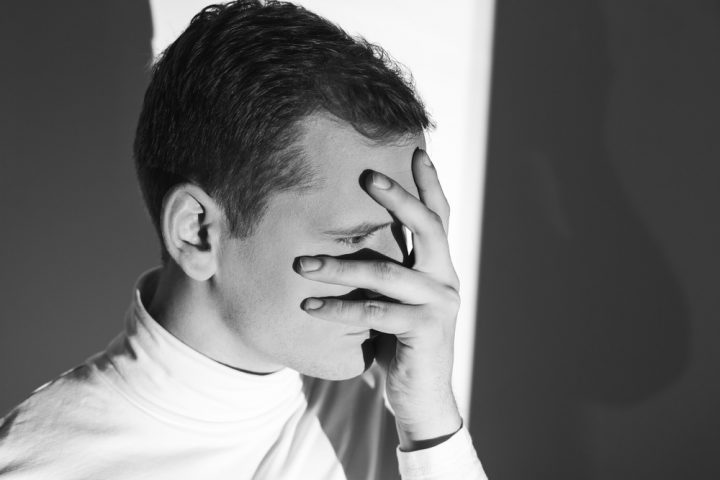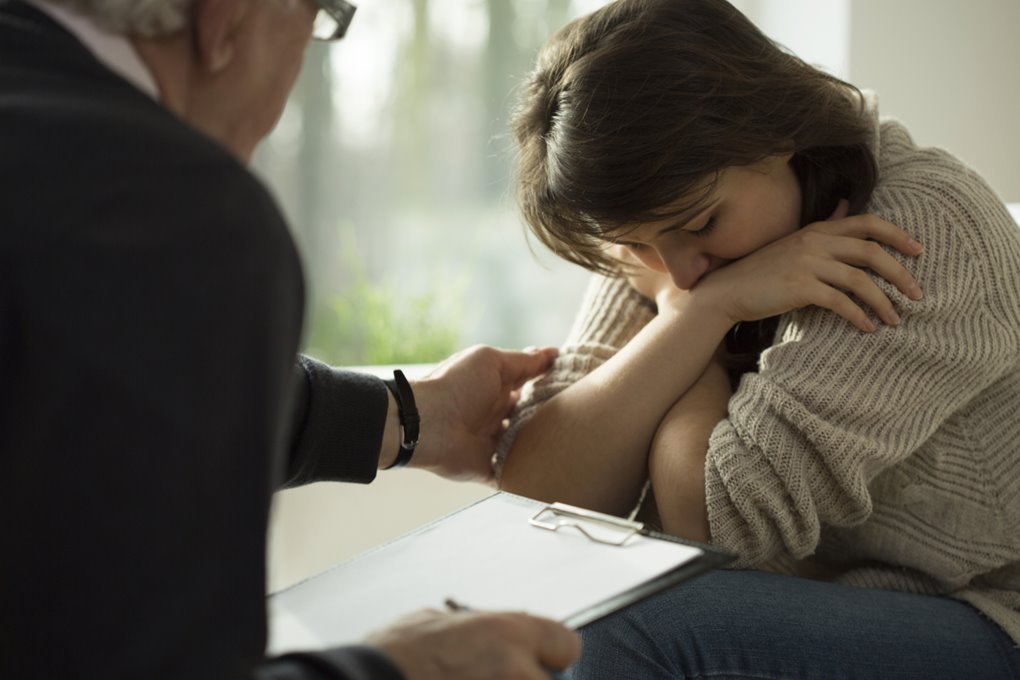Before knowing how to deal with treatment-resistant depression, it is important to know what depression really is. It is true that every person gets down at a given from time to time, but when sadness lasts up to two –or even more –weeks, it may exhibit clinical depression. It’s very important to note that this is a serious and real health condition which affects many.
The following are signs and symptoms of depression:
- Feelings of pessimism and hopelessness
- Persistent sadness and anxiety
- Feelings of helplessness, guilt and worthlessness
- Lack of sleep, oversleeping or waking up abnormally early in the morning Loss of interest and pleasure in personal enjoyable activities, such as hobbies or even sex
- Poor appetite and weight loss, or weight gain and overeating.
- Difficulties in remembering things, concentration or even making decisions
- Fatigue or loss of energy
- Irritability or restlessness
Treatment of Depression
Depression is treatable through medication, therapy, or even lifestyle changes. However it is not necessarily always easy to do so. Depression may persist in spite of treatment. This condition is referred to as Treatment-Resistant Depression (TRD). This usually happens when happens the treatment measures taken only relieve the symptoms partly but does not entirely help the situation.
How to deal with Treatment-Resistant Depression
Choose from the options below and talk to a doctor on your preferred choice.
Medicine
Medication is able to ease the symptoms of depression. However, the first medicine taken may not be the correct one for the condition. Symptoms may persist even after using antidepressants and medication may take some time before it shows any effects.
With the help of a doctor it is advised to try other several different types of medicines, it is also a good option to opt for other treatment forms like psychotherapy. Finding the correct medicine or treatment combination for the condition may take some time.
Psychotherapy
A professional for mental health who is trained helps one to talk about their behaviours and moods. Therapy often offers new ways for stress management as well as the avoiding of the negative events which may set off the symptoms of depression.
Neurostimulation
For those who have tried a range of antidepressants that have not worked well with them Neuro-stimulation has been seen as a much better option. The following are types of neurostimulation
- Electroconvulsive Therapy (ECT)
This is a type of neurostimulation where electrodes are put on the patient’s head in order to give electrical impulses. The ECT is often convenient for those who have life-threatening or severe depression. It is also convenient for those who cannot take the antidepressant medicines. This type of neurostimulation has improved over the years despite being controversial. It can also be of good help when the antidepressant medicines are not effective enough
- Vagus Nerve Stimulation (VNS)
This is another type of neurostimulation involves a device being put into the depressed person’s chest. The device then sends electric current to the brain. This type of neurostimulation has is approved as a treatment for recurrent depression especially in adults more especially those who have tried four or even more antidepressant medicines.
Support Groups
Interacting with others would greatly help one feel less alone. Moreover one may get more information about their illness and the best treatments by listening to other people’s experiences. There are many local support groups available and it’s highly recommended for you to join one.
Final say
Depression can be very stressful, but it can be treated with proper help.
Image source: Thinkstock/KatarzynaBialasiewicz



